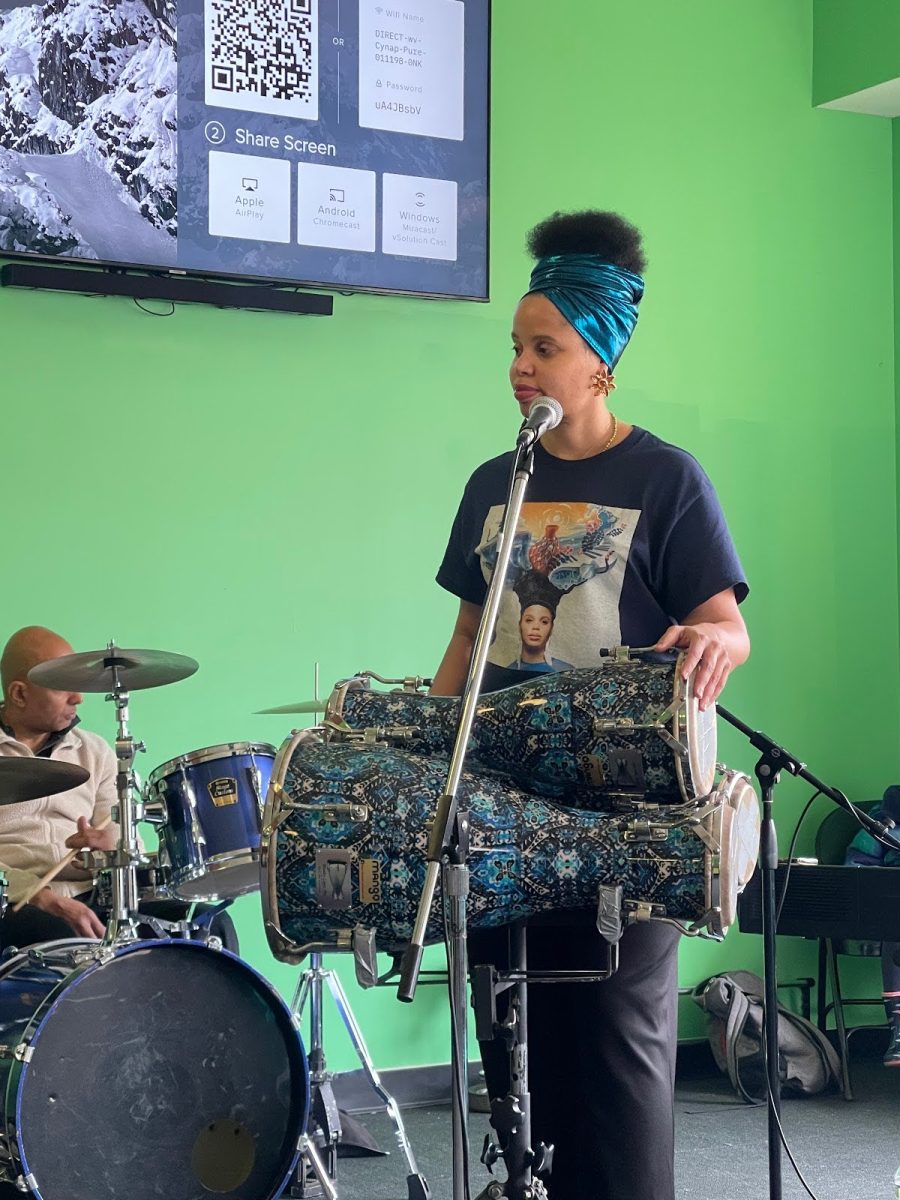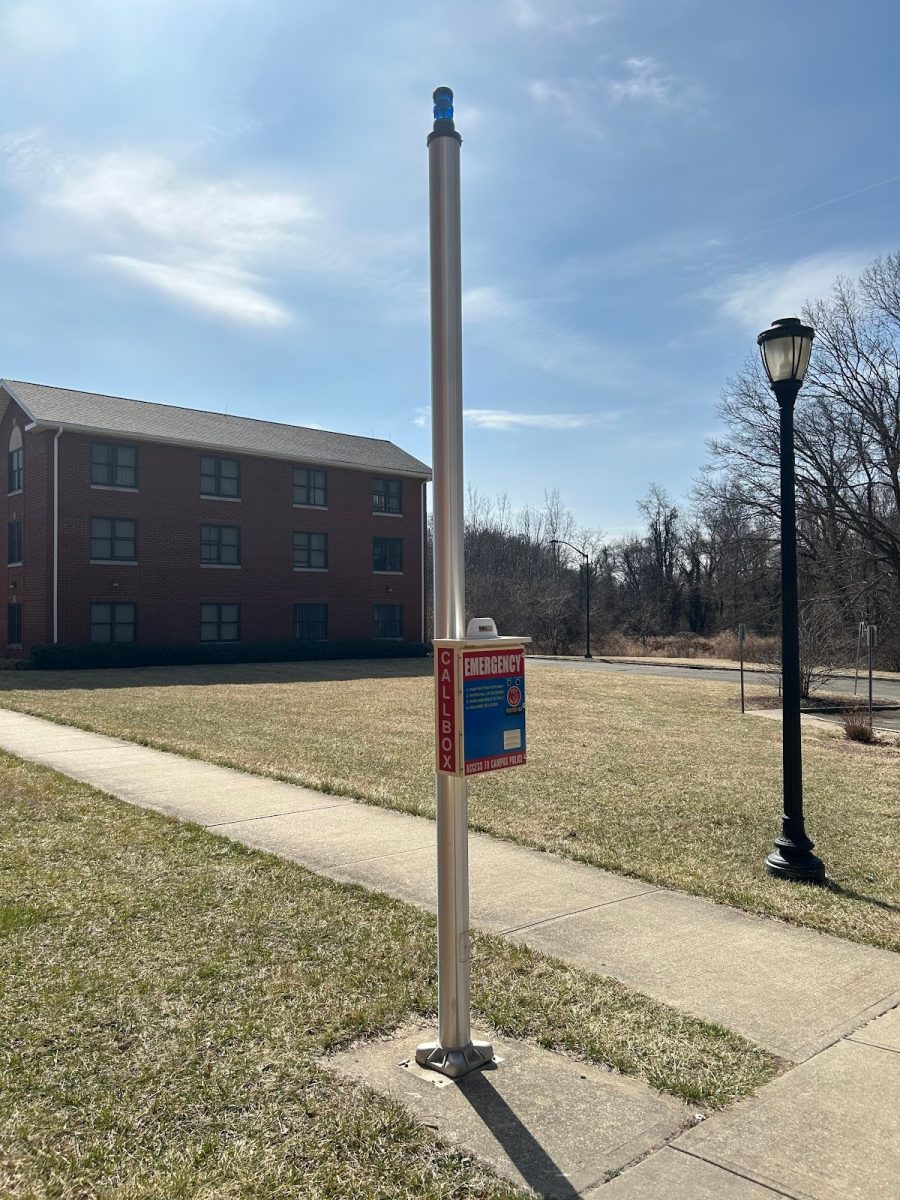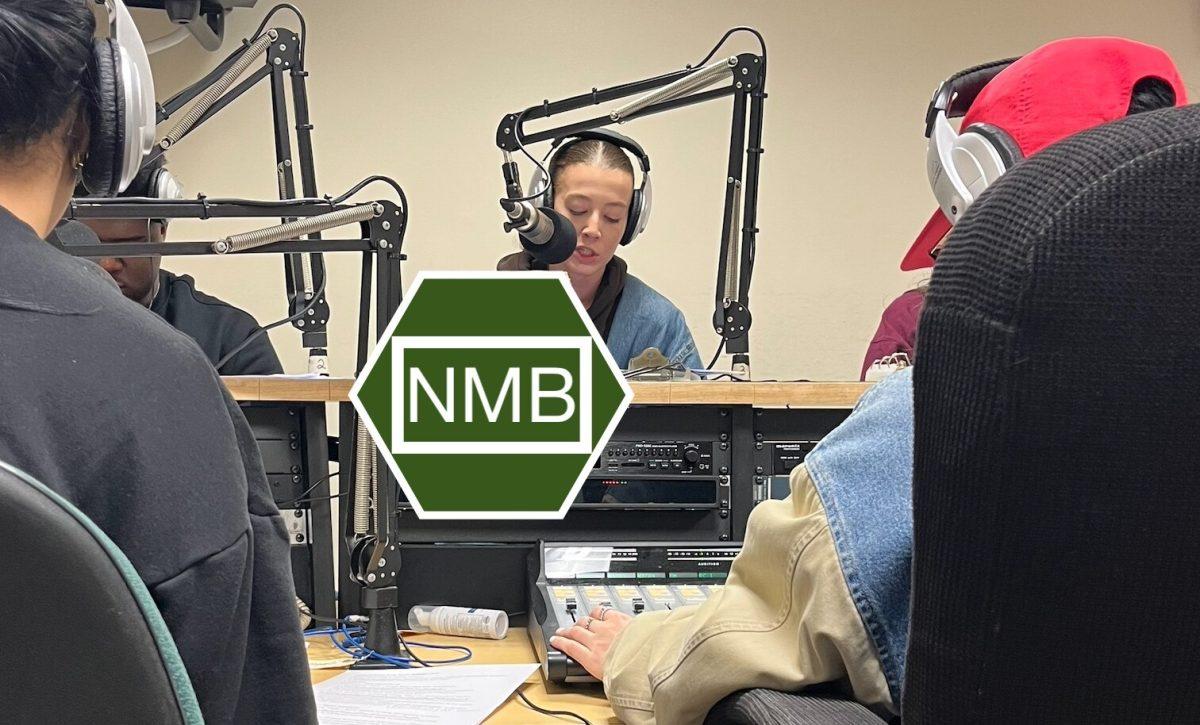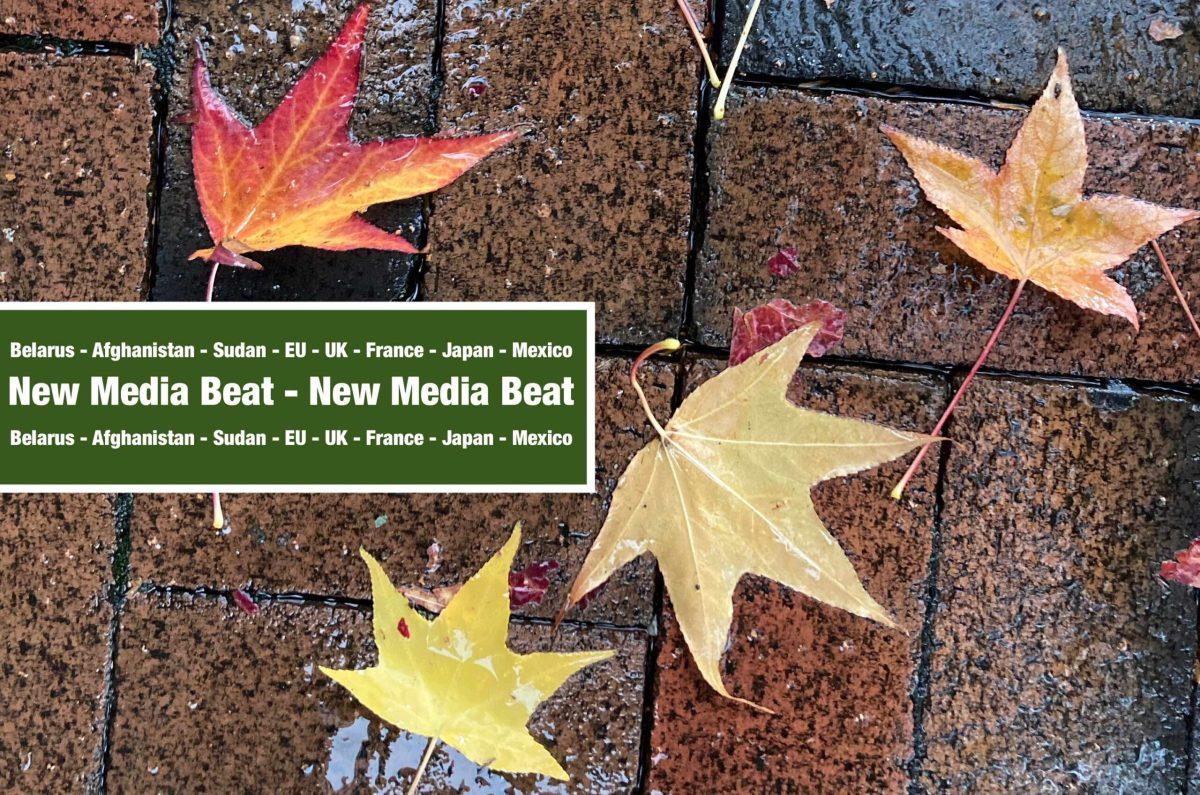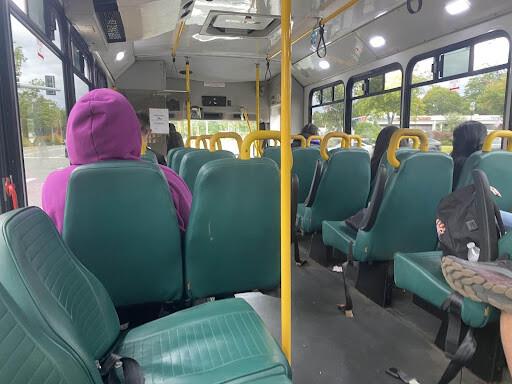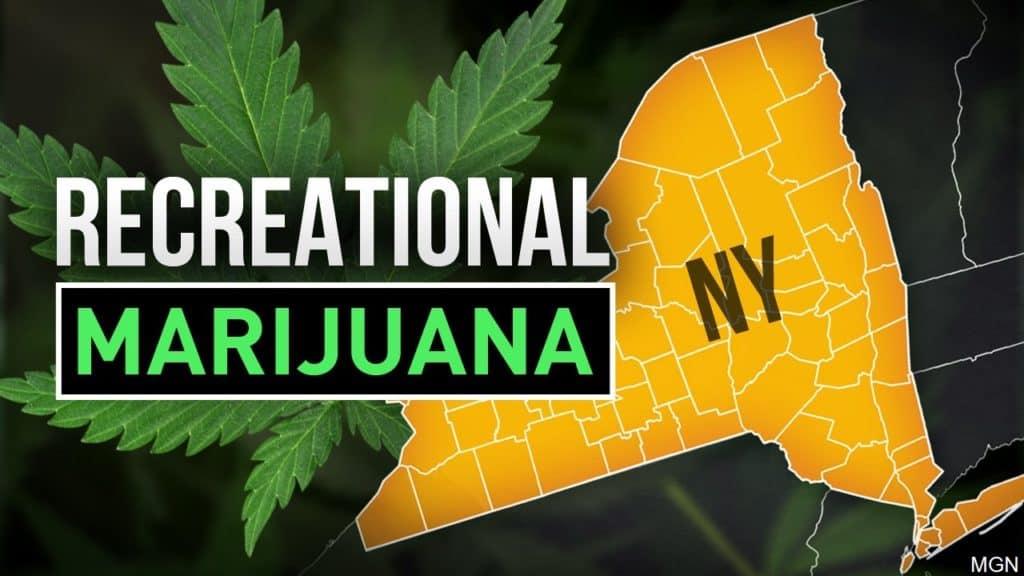
Governor Andrew Cuomo signed the bill legalizing recreational marijuana in New York State, at the end of March. Through a speedy legislation process, the state official who has recently found himself in hot water due to sexual assault allegations, signed the bill the morning after it was passed by state lawmakers.
Making New York the 16th state to legalize recreational marijuana, the state Senate voted 40-23 to pass the bill. Later that same night, the state Assembly voted 100-49 in favor of the new legislation. The passing of this bill brings numerous changes to the social, economic, and even political landscape of the Empire State.
New Yorkers, who are 21 years and older, may use, smoke, consume, and ingest the once illegal substance. They can also grow up to 6 marijuana plants indoors or outdoors with a total of twelve plants per household, although this will not be permitted until eighteen months after the first adult-use dispensary opens within the state. Medical marijuana patients and their designated caregivers however, will be legally allowed to grow cannabis plants six months after the bill’s passing.
“For too long, the prohibition of cannabis disproportionately targeted communities of color with harsh prison sentences and after years of hard work, this landmark legislation provides justice for long-marginalized communities, embraces a new industry that will grow the economy, and establishes substantial safety guards for the public,” Governor Cuomo raved about the benefits of passing the legislation needed to legalize adult-use cannabis.
The passing of the bill means that individuals with certain marijuana convictions will have their records automatically expunged. However, it does not prevent people from acquiring new marijuana penalties ranging from a simple violation to a felony for possessing more than the legal amount of cannabis permitted, as well as selling the substance without a license. Smoking publically in unpermitted areas can also lead to a $25 fine or 20 hours of community service. Individuals are allowed to smoke cannabis in all areas that permit tobacco smoke, including motels and hotels, although communities’ can file to add more restrictions.
According to the article New York Has Legalized Marijuana: Here’s What To Know released by the New York Times, the medical marijuana program will be undergoing several changes aimed toward making it less restrictive due to the legalization of recreational marijuana. The list of covered medical conditions will be made wider, and will now include Alzheimer’s disease and muscular dystrophy. Medical Marijuana companies will now be allowed to enter the more lucrative recreation market for cannabis distribution, which is something they lobbied very hard for.
The new law also creates retail licenses, creating brick and mortar dispensaries that will allow adults of legal age to purchase cannabis based products. Consumption at dispensaries will also be permitted to businesses that attain the proper licenses.
Driving under the influence of marijuana will remain illegal, however officers will no longer be allowed to use the smell of cannabis as justification for a traffic stop. An officer can still use the smell of burned cannabis as a reason for suspicion. They are allowed to search the parts of the car that are readily available to the driver. Since there is still no device such as a Breathalyzer for alcohol, to determine whether the driver is actively under the influence of marijuana, the Health Department is being urged to locate devices that can perform such a task.
The first legal sales of recreational marijuana are not expected to pop up until 2022. Officials must first determine how the entire cannabis industry will operate within the state. They must determine the regulation and taxation of the substance, as well as the allocation of licenses for cultivators, processors, wholesalers, retailers, and delivery services.
“New York has a storied history of being the progressive capital of the nation, and this important legislation will once again carry on that legacy,” stated by Governor Cuomo.

